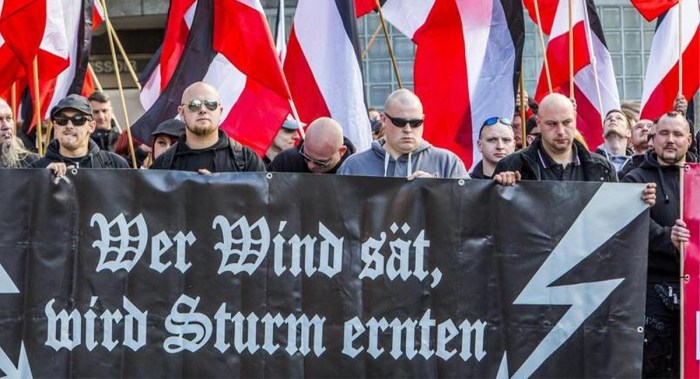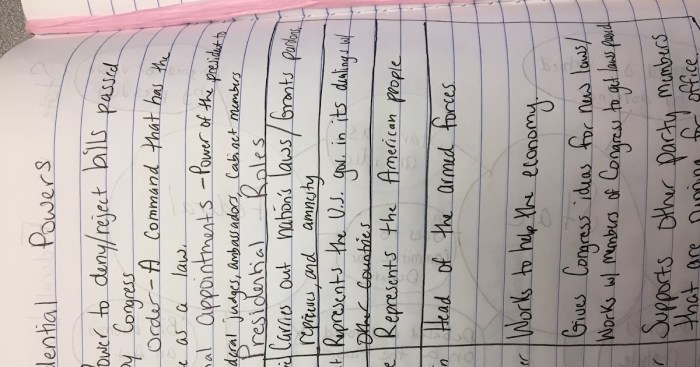The topic of impeachment has been a subject of intense debate and discussion throughout history. With which impeachments seem politically motivated while which were warranted at the forefront, this paper aims to shed light on the complex factors that contribute to the impeachment process, examining both politically motivated and warranted impeachments to provide a comprehensive understanding of this significant political and legal procedure.
Political Motivations

Impeachments motivated by political considerations aim to remove an official from office for reasons unrelated to wrongdoing or misconduct. These proceedings often involve partisan divisions, with the majority party seeking to remove a member of the opposing party.
Factors contributing to political motivations include:
- Power struggles between political parties
- Personal or ideological conflicts
- Attempts to silence political opponents
- Protection of vested interests
Consequences of politically motivated impeachments can include:
- Erosion of public trust in government
- Political instability and division
- Undermining the integrity of the impeachment process
Warranted Impeachments
Warranted impeachments are based on substantial evidence of wrongdoing or misconduct by an official. These proceedings typically involve a non-partisan investigation and are supported by a consensus among lawmakers.
Criteria for determining whether an impeachment is warranted include:
- Violation of the law or oath of office
- Abuse of power or authority
- Breach of public trust
- Actions that compromise the integrity of the office
The process for conducting a warranted impeachment involves:
- Investigation and gathering of evidence
- Impeachment by the lower house of the legislature
- Trial and possible conviction by the upper house
- Removal from office upon conviction
Comparative Analysis

| Factor | Politically Motivated Impeachments | Warranted Impeachments |
|---|---|---|
| Evidence | Often insufficient or partisan | Substantial and non-partisan |
| Charges | Related to political differences or personal conflicts | Based on specific allegations of wrongdoing |
| Outcomes | May fail or result in removal for non-criminal offenses | Typically result in removal for serious offenses |
Similarities:
- Both involve the removal of an official from office
- Both can be divisive and politically charged
Differences:
- Political motivations are based on partisan considerations, while warranted impeachments are based on evidence of wrongdoing
- Politically motivated impeachments often fail, while warranted impeachments typically result in removal
Historical Context
- 1688:Impeachment of James II of England for alleged treason and misconduct
- 1799:Impeachment of Warren Hastings, Governor-General of India, for alleged corruption and abuse of power
- 1868:Impeachment of Andrew Johnson, President of the United States, for alleged violations of the Tenure of Office Act
- 1974:Impeachment of Richard Nixon, President of the United States, for alleged involvement in the Watergate scandal
- 1998:Impeachment of Bill Clinton, President of the United States, for alleged perjury and obstruction of justice
Historical impeachments have shaped current impeachment processes by:
- Establishing precedents and procedures
- Defining the scope of impeachable offenses
- Influencing public opinion and political norms
International Perspectives: Which Impeachments Seem Politically Motivated While Which Were Warranted

- United Kingdom:Impeachment is known as “removal from office” and is used to remove high-ranking officials, including judges and government ministers.
- France:Impeachment is known as “mise en accusation” and is used to remove the President or members of the government.
- Brazil:Impeachment is used to remove the President, Vice President, and members of the Supreme Court.
International standards and norms influence impeachment processes by:
- Providing guidelines for due process and fair trials
- Promoting transparency and accountability in impeachment proceedings
- Encouraging the use of impeachment for serious offenses
Helpful Answers
What are the key factors that contribute to politically motivated impeachments?
Political motivations in impeachment proceedings can arise from partisan divisions, personal vendettas, or attempts to remove political opponents from office.
How can we determine whether an impeachment is warranted?
Criteria for determining the validity of an impeachment include evidence of high crimes and misdemeanors, abuse of power, or obstruction of justice.
What are the potential consequences of politically motivated impeachments?
Politically motivated impeachments can undermine public trust in the government, weaken the rule of law, and set dangerous precedents for future political conflicts.
